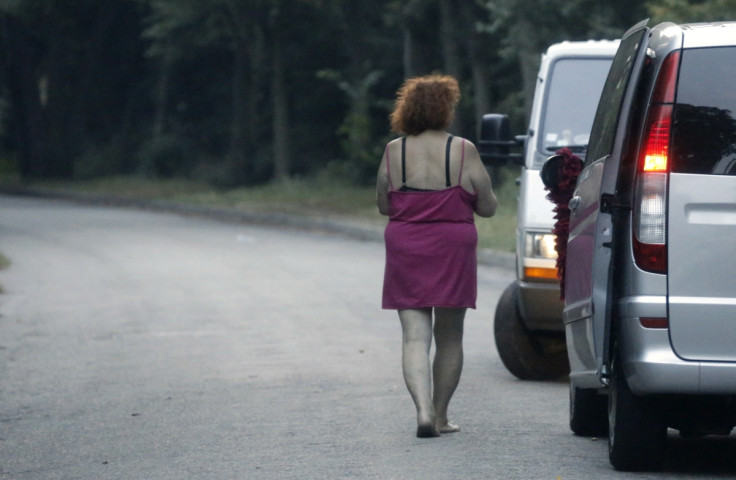Criminalising Sex Worker Clients will not Kill Prostitution - Just the People in It

On Monday 3 March an All-Party Parliamentary Group on Prostitution published the findings of its inquiry and recommended the criminalisation of sex workers' clients.
The first and most serious implication of this proposal will be the devastating impact on sex workers' safety. Criminalising clients will not stop prostitution, nor will it stop the criminalisation of women. But it will make it more dangerous and stigmatising for sex workers.
Claims that prostitution will be reduced are unfounded.In Sweden, where a similar law was introduced in 1999, many women have been displaced to border towns or are working in less visible ways. Can anyone say whether women who have been driven out of prostitution are safer or better paid? Considering that welfare in Sweden has been cut so that "a quarter of single mothers in Sweden now live in poverty, compared to 10% seven years ago" have mothers been forced into more dangerous and exploitative jobs to feed their families? How many sex workers are being threatened with having their children taken away as a result of increased stigmatisation?
The Inquiry report acknowledges that "prostitution is frequently entered as a result of poverty". Yet it has no concrete proposal to address the unemployment, benefit cuts & sanctions, falling wages, and homelessness which are driving more women, particularly mothers, into prostitution. We asked MPs if we are less degraded when we have to skip meals, beg or stay with a violent partner to keep a roof over our heads?
Evidence from the ECP to the inquiry about an "epidemic of violence" is divorced from all that we said about the prostitution laws undermining safety by making sex workers work in isolation. Of the two women murdered in London in the last few months, one was working on the street and one was working indoors alone.
Women Against Rape highlights the worrying statistic that only 6.5% of reported rapes result in convictions, and that sex workers are even less likely to get justice than other women. Considering this appalling police record on investigating rape in general, why would MPs recommend more police powers against prostitution?
Mass raids against sex workers in Soho, London, have thrown scores of women out of the relative safety of their flats in recent months. Arrests continue against sex workers on the street. This is despite senior police officers acknowledging that "operations to tackle the trade are 'counterproductive' and likely to put the lives of women at risk".
False claimsabout trafficking are used to justify these proposals. But trafficking law is primarily used to arrest and deport immigrant women; it has done little or nothing to protect victims of trafficking. Existing laws already criminalise those who coerce anyone into the sex industry. Why extend it to consenting sex?
Caroline Lucas, the Green MP who chaired the Inquiry launch claimed that the recommendations are not motivated by moralism. Hard to believe when the Group choose as its secretariat the homophobic Christian charity CARE which spearheaded attacks on gay marriage and LGBTQ rights.
The gravest omission of this inquiry is that no serious consideration was given to decriminalisation as introduced in 2003 in New Zealand with verifiable improvements in sex workers safety. In December last year Canada's Supreme Court threw out the prostitution laws for violating women's right to safety. Why were these examples ignored?
The English Collective of Prostitutes (ECP) is a network of women who work or have worked in different areas of the sex industry campaigning for decriminalisation and safety. The ECP provides daily support to sex workers on a range of issues including fighting legal cases which challenge discrimination and establish prostitute women's right to protection against violence. www.prostitutescollective.net.
© Copyright IBTimes 2024. All rights reserved.






